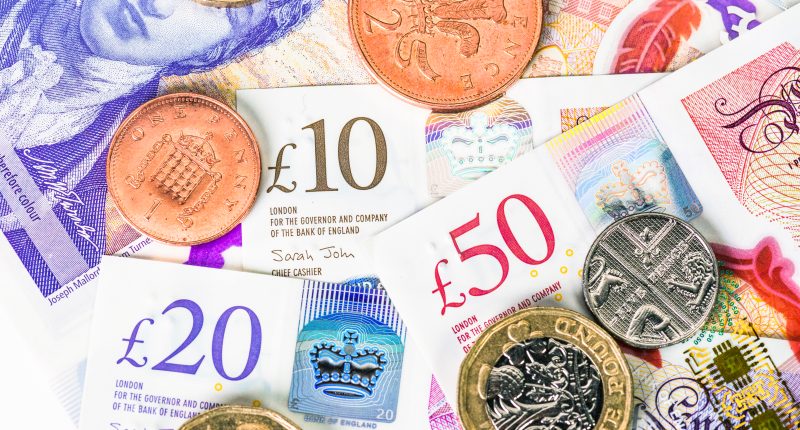THOUSANDS of people on Personal Independence Payment (PIP) can expect to receive payments earlier this month.
The tax-free money usually hits bank accounts every four weeks, so here’s when you can expect it.
PIP is designed to help with extra living costs if you have a long-term mental or physical health condition or disability.
There are two parts to the benefit which means you can get paid different amounts depending on your circumstances.
The benefit is usually paid every four weeks, but if there’s a Bank Holiday you may receive it earlier.
Will I get paid early over the Christmas Bank Holidays?
Benefit payments are usually made straight into your bank account.
Read more on Money
But, if your payment date is on a weekend or Bank Holiday you’ll usually be paid one working day before.
That means if you are due to be paid on December 23, 24, 25 and 26 this year you will receive your payment on December 22 instead.
Meanwhile, if you are due to be paid on December 30, 31 or January 1 the cash will land in your account on December 29.
Several other benefit recipients can expect to receive their payments earlier this month too.
Most read in Money
You don’t need to do anything if your usual date for getting PIP payments falls on a Bank Holiday.
For many, it might be nice to get your payments early but it does mean you’ll have to make it last longer before your next one.
So do make sure you’re planning ahead so you aren’t struggling the following month.
What is PIP?
PIP is a benefit given to people suffering from a long-term physical or mental health condition or disability.
This condition might make it hard for you to carry out certain everyday tasks or get around.
You can get the benefit even if you’re working, have savings or are getting most other benefits.
There are two parts to PIP – the daily living part and the mobility part.
You might be entitled to the daily living part of PIP if you need help with:
- Eating, drinking or preparing food
- Washing, bathing and using the toilet
- Dressing and undressing
- Reading and communicating
- Managing your medicines or treatments
- Making decisions about money
- Socialising and being around other people
You might be entitled to the mobility part if you need help with:
- Working out a route and following it
- Physically moving around
- Leaving your home
PIP is made up of two parts and whether you get one or both of these depends on how severely your condition affects you.
How much you get also depends on how your condition affects you.
You may get the mobility part of PIP if you need help going out or moving around. The weekly rate for this is either £26.90 or £71.
While on the daily living part of PIP, the weekly rate is either £68.10 or £101.75 – and you could get both elements, so up to £172.75 in total.
You’ll be assessed by a health professional to work out the level of help you can get and your rate will be regularly reviewed to make sure you’re getting the right support.
Who is eligible?
PIP is available to people aged 16 or over but not yet at the state pension age.
You must have lived in England or Wales for at least two of the last three years, and be in one of these countries when you apply.
The process is different in Northern Ireland, and there are additional rules if you live abroad or if you’re not a British citizen.
In Scotland, you will need to apply for Adult Disability Payment (ADP) instead.
Crucially, you must also have a health condition or disability where you either have had difficulties with daily living or getting around (or both) for three months, and you expect these difficulties to continue for at least nine months (unless you’re terminally ill with less than six months to live).
You can claim PIP at the same time as other benefits, except the armed forces independence payment.
Read more on The Sun
If you receive constant attendance allowance you will receive less of the daily living part of PIP.
If you get war pensioners‘ mobility supplement you will not get the mobility part of PIP.
You can also join our new Sun Money Facebook group to share stories and tips and engage with the consumer team and other group members.








